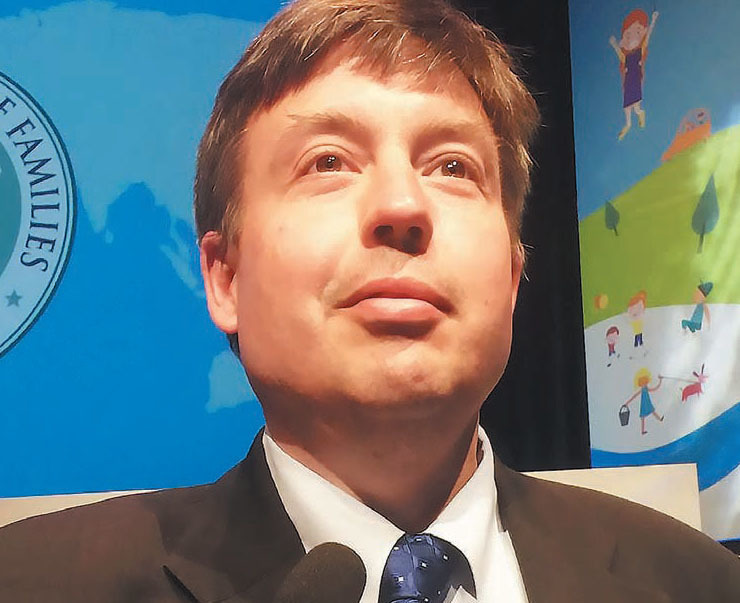Providing better than euthanasia. Alex Schadenberg is executive director of Euthanasia Prevention Coalition

▪ What is the mission of the Euthanasia Prevention Coalition?
The Euthanasia Prevention Coalition (EPC) works in coalition with groups and individuals from every perspective. What unites us is our opposition to euthanasia and assisted suicide, and our concern for people who are steered to death by lethal drugs when they are at the lowest time of their lives. We believe in caring for and not killing people, and we recognize that conditions that lead to euthanasia and assisted suicide are best solved through caring options.
▪ With everything happening in Canada around this issue, what new initiatives will you be rolling out in the next while?
In 2016, EPC produced the Euthanasia Deception documentary to counter the media stories that were being used to promote death by lethal drugs, by sharing interviews with people who have had direct life experience with euthanasia and assisted suicide. In May EPC will be releasing Fatal Flaws, a full-length film based on interviews with leaders of the euthanasia lobby and people in the Netherlands, Canada and the United States who have had a negative experience with euthanasia and assisted suicide.
We are countering the pressure to expand euthanasia and assisted suicide to mature minors, people with dementia and those with psychiatric issues alone. We also work with Compassionate Community Care, an organization that offers advice, help and support regarding ending-of-life medical treatment issues and/or euthanasia and assisted suicide. People can call 1-855-675-8749 to get help.

1-855-675-8749
COMPASSION COMMUNITY CARE’S CRISIS LINE FOR CANADIANS
▪ This is a difficult issue you work on. How does your faith impact your calling in this work?
Having faith is a gift and enables me and others to continue our work. I am a person who has great hope, and I also believe having hope is an antidote to cultural problems. So many people live their lives without hope for their future or a feeling that there is anything beyond our physical experience.
▪ How do you care for yourself as a leader? What spiritual disciplines keep you strong and grounded?
To continue as a leader, it is important to have a community of friends and family to share experiences. We are all human beings, and in our humanity we all need significant community. Faith is a gift to be shared, but in my life it is the support of others who share my commitment that enables me to continue with confidence.
▪ What leadership books are you most likely to recommend to an up-and-coming leader?
I have found philosophical texts have helped explain the direction of the world while enabling me to challenge the world as I know it. Nothing we are experiencing is new, but how I respond to the current thinking of our day is affecting others and making a difference. I am working to build a culture of care that will always reject killing.
Read more Q and As at www.FaithToday.ca/QandA.